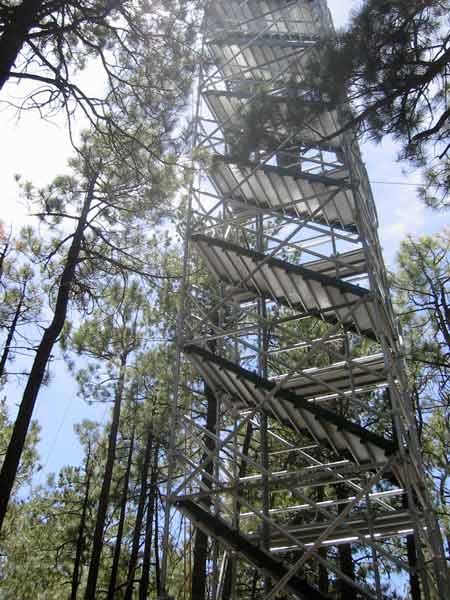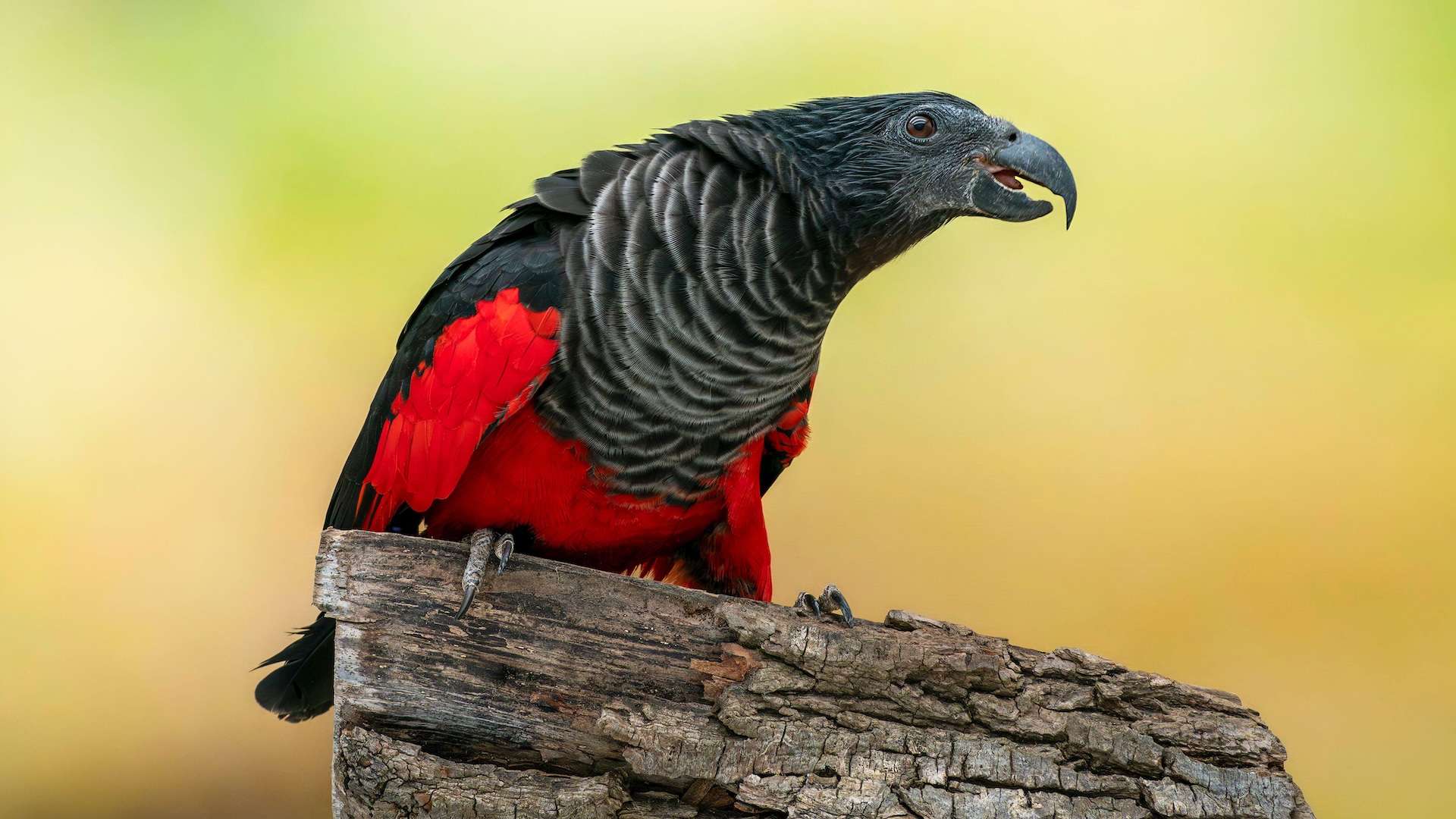ecosystem
Latest about ecosystem
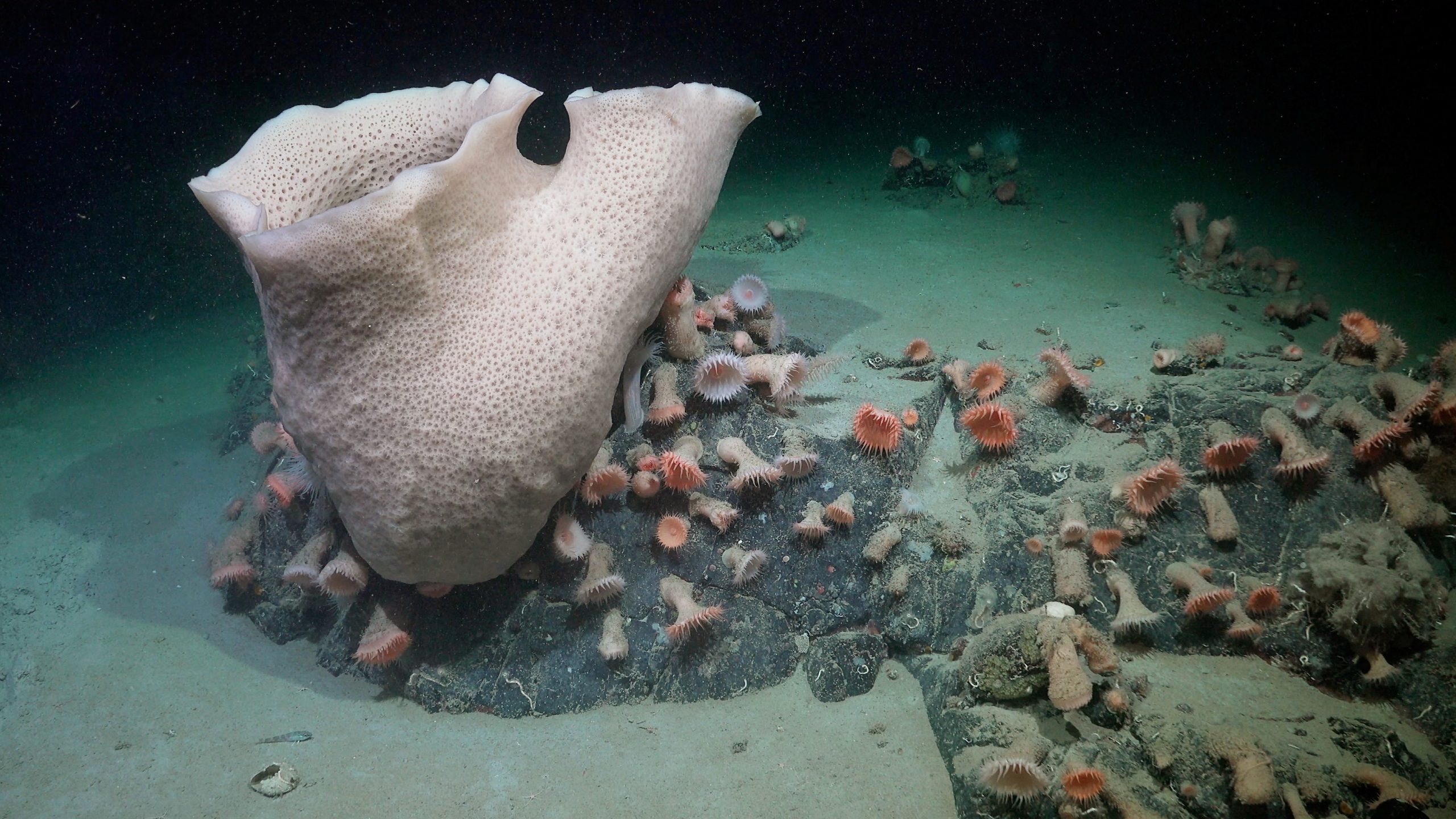
'We didn't expect to find such a beautiful, thriving ecosystem': Hidden world of life discovered beneath Antarctic iceberg
By Ben Turner published
The newfound ecosystem is filled with sea crabs, octopuses and gigantic sponges, suggesting it may have been thriving for centuries.
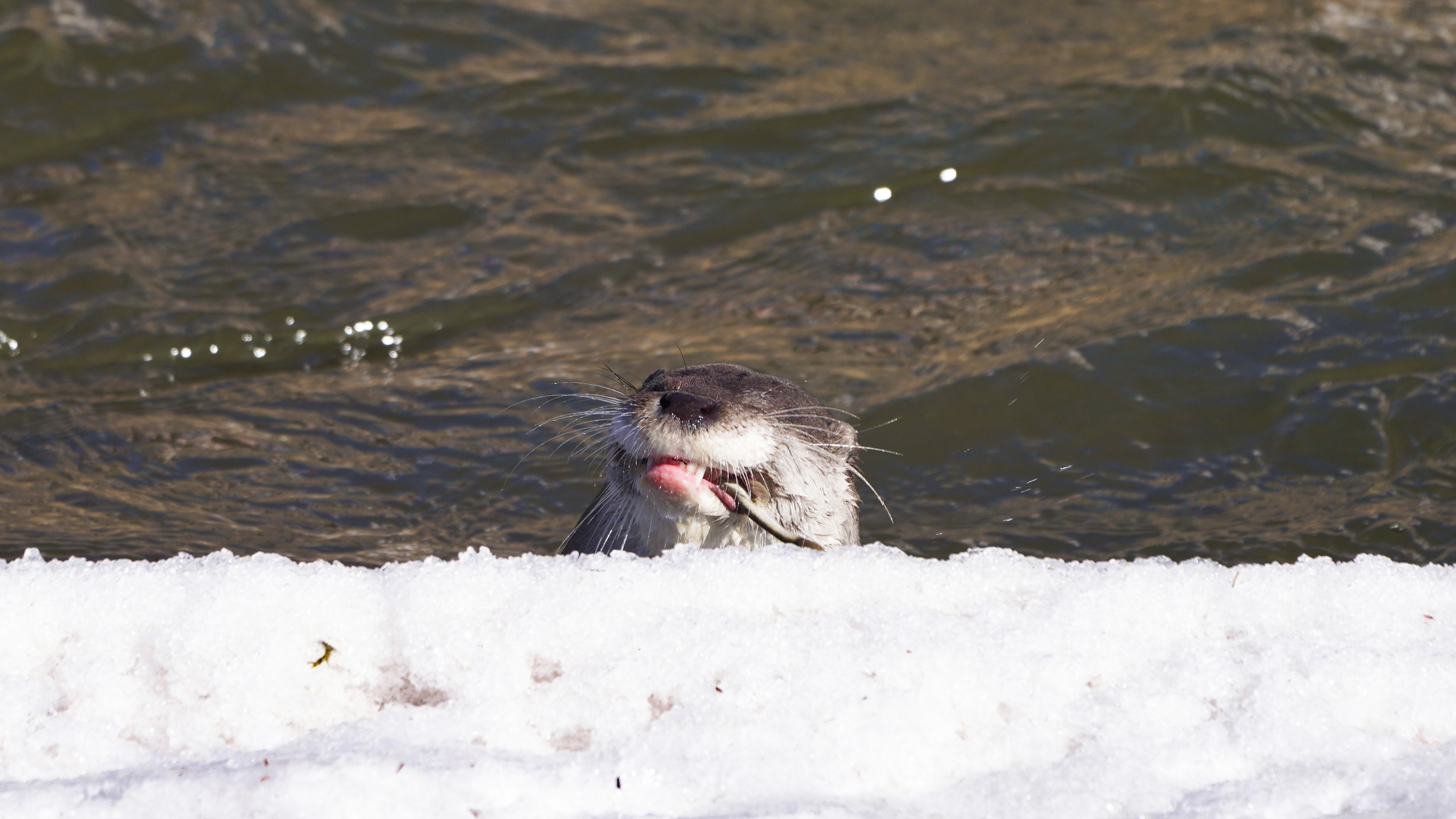
Buddhist ritual saves exotic fish from slaughter — only for 'adventurous' Tibetan otters to feast on them instead
By Sascha Pare published
Exotic fish released as part of a Buddhist religious practice have become the preferred food option for otters, potentially mitigating the impact these introductions have on native species.

Pablo Escobar's 'cocaine hippos' top 200, twice as many as we thought
By Megan Shersby published
A new census of the world’s largest invasive species reveals the population is roughly double the size scientists previously estimated.

Burmese pythons are helping rats take over Florida's Everglades — and that could help spread disease
By Hannah Osborne published
The invasion of pythons has had little to no impact on cotton rats, explaining why some areas are now increasingly dominated by rodents.
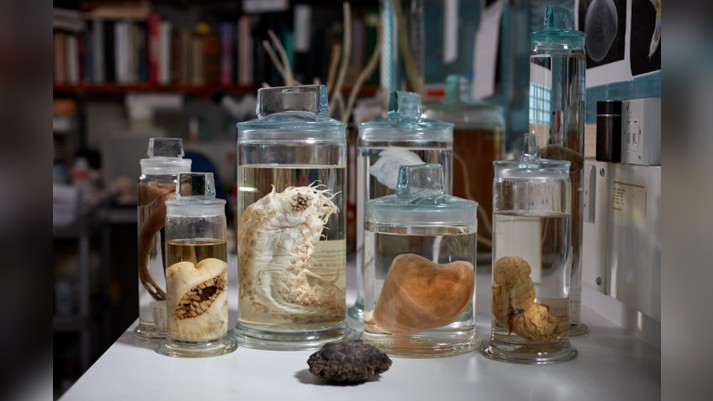
More than 5,000 new species found in 'pristine' deep-sea wilderness. But they could soon be wiped out.
By Harry Baker published
A new study cataloged all the species uncovered by research expeditions in the Clarion-Clipperton Zone, which has become a potential hotspot for deep-sea mining.
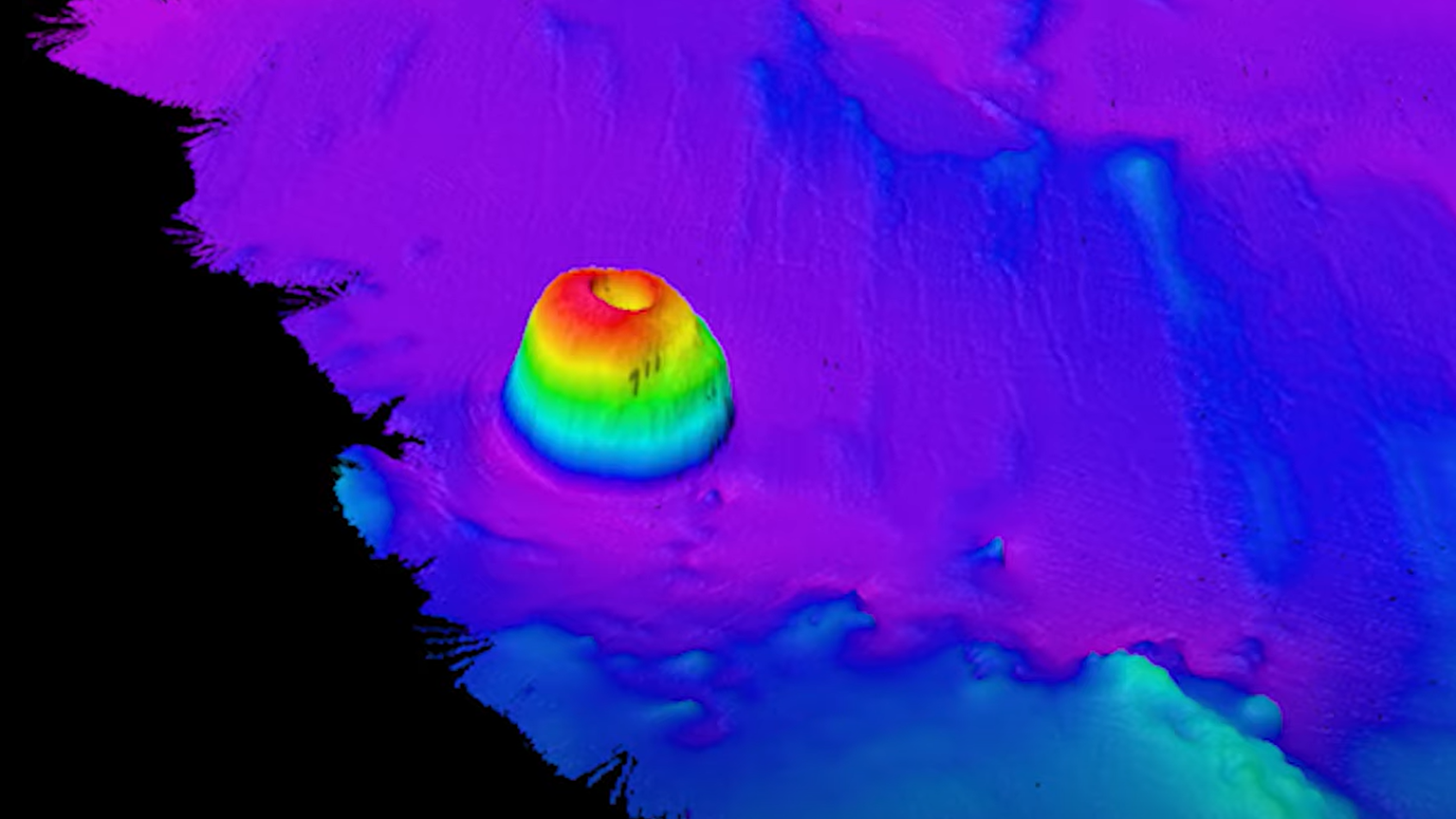
Scientists find strange underwater volcano that 'looks like a Bundt cake'
By Sascha Pare published
The Saildrone Surveyor mission discovered the unnamed, 3,200-foot-tall formation in February while mapping the seafloor off the coast of California.
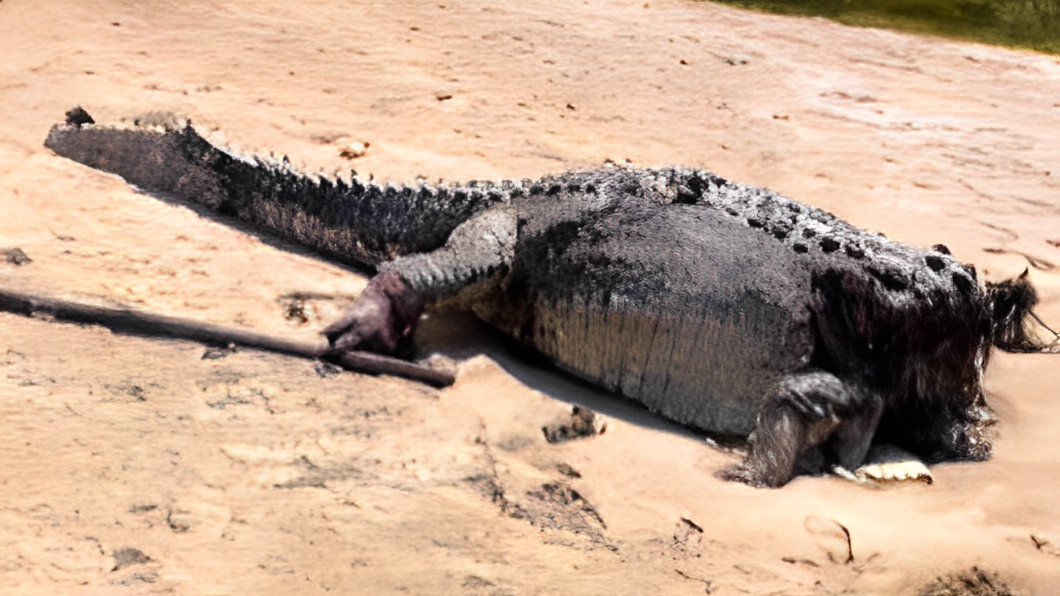
Gigantic, 13-foot crocodile found with its head torn off on Australian beach
By Sascha Pare published
The beheading, which may have been motivated by a recent spate of crocodile attacks on humans, could spell trouble for the local ecosystem.
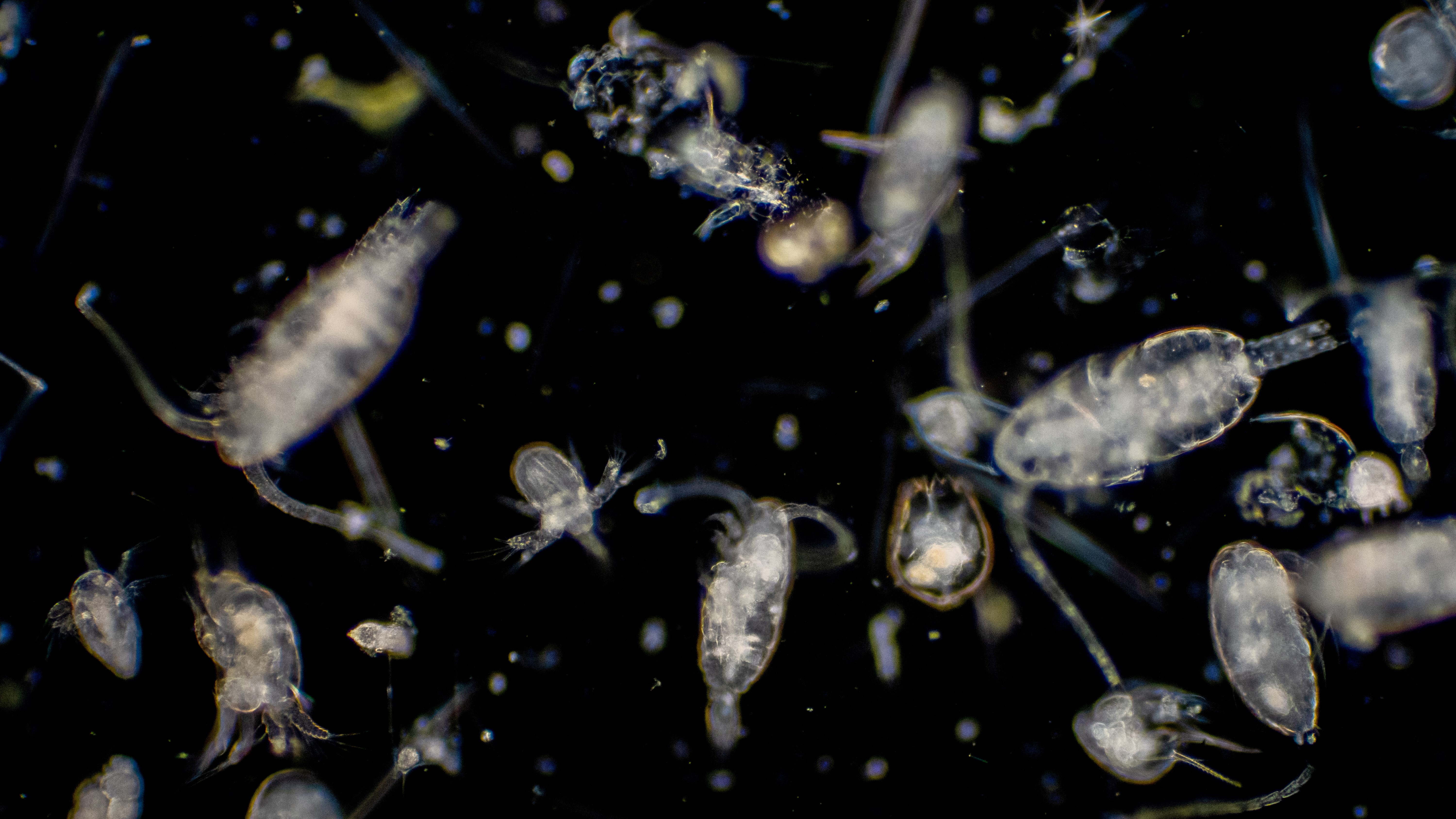
Bizarre, never-before-seen viruses discovered thriving throughout the world's oceans
By Sascha Pare published
The discovery of a strange group of viruses, dubbed mirusviruses, that infect ocean plankton across the globe may shed light on the origin of herpes.
Sign up for the Live Science daily newsletter now
Get the world’s most fascinating discoveries delivered straight to your inbox.

